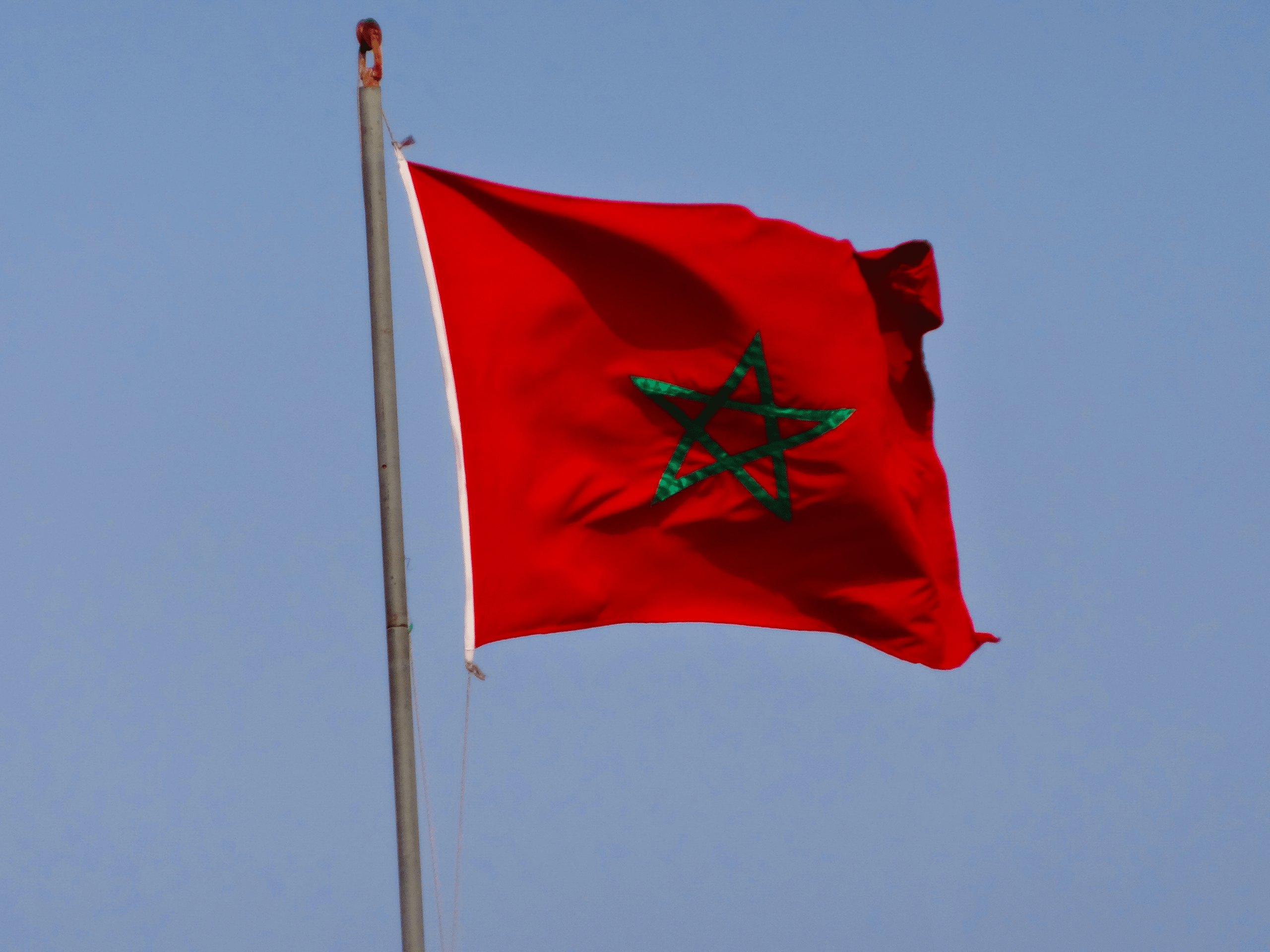The Moroccan elections that took place on the 8th of September have resulted in major win for the liberal National Rally of Independents (RNI) party. The centre-right Authenticity and Modernity Party (PAM) is the second biggest party, winning 87 seats in parliament. PAM is followed by the conservative Istiqal party, who won 81 seats. The RNI managed to win 102 out of 395 seats in parliament. The Justice and Development Party (JDP), which has led the government since 2011, only managed to win 13 seats. This is a major change from the previous elections, where the JDP won 125 seats. A loss in seats for the JDP was excepted due to an amendment to the electoral law which allocates seats based on the total number of registered voters instead of the number of voters in the election.
On the left side of the political spectrum the Socialist Union of Popular Forces (USFP) gained 34 seats, becoming the 4th biggest party in Parliament. The Party of Progress and Socialism managed to win 22 seats. The Unified Socialist Party (PSU), led by Nabila Mounib, also managed to win one seat. At the end of July the PSU separated from Federation of the Democratic Left (FGD). The FGD did not manage to win any seats in the election.
King Mohammed VI has named businessman Aziz Akhannouch, leader of the RNI, to be the leader of the new government and tasked him with forming a coalition. Before being appointed Prime Minister Akhannouch was chief executive officer of the Akwa Group, a business conglomerates in Morocco that focusses on the petroleum industry. Akhannouch has also previously served as Morocco’s Agriculture minister. It is unclear whether the PJD will be a part of any future government coalition, or if it will be move back to the opposition.
Voter turnout
The voter turnout rate of the legislative, regional and local elections reached 50.35 percent. This is higher than the 43 percent turnout in the 2016 elections, and the 45 percent turnout in the 2011 elections. The total number of voters has increased this year to reach around 8.7 million people. Contrary to previous years, the government had decided to hold the parliamentary, regional and municipal elections on the same day in order to increase voter turnout. According to RNI leader Akhannouch the election results demonstrate Moroccans’ aspiration for change.
Election monitoring
A delegation from the Congress of Local and Regional Authorities of the Council of Europe observed the regional and municipal elections which were held on 8 September. According to the delegation, which monitored in two regions, the elections were calm, orderly and transparent overall. They did conclude some procedural inconsistencies, in particular during the closing of the polling stations and the counting. Furthermore, the combined national and regional elections posed challenges due to lack of clear guidelines regarding the electoral procedures.
Sources: Africa News Council of Europe Morocco World News Morocco World News Morocco World News
Photo source: Flickr

